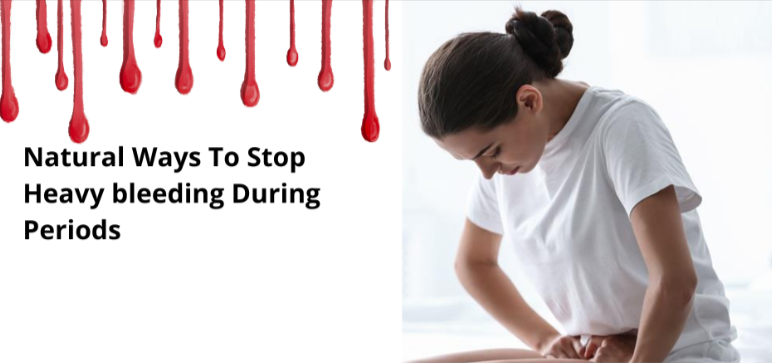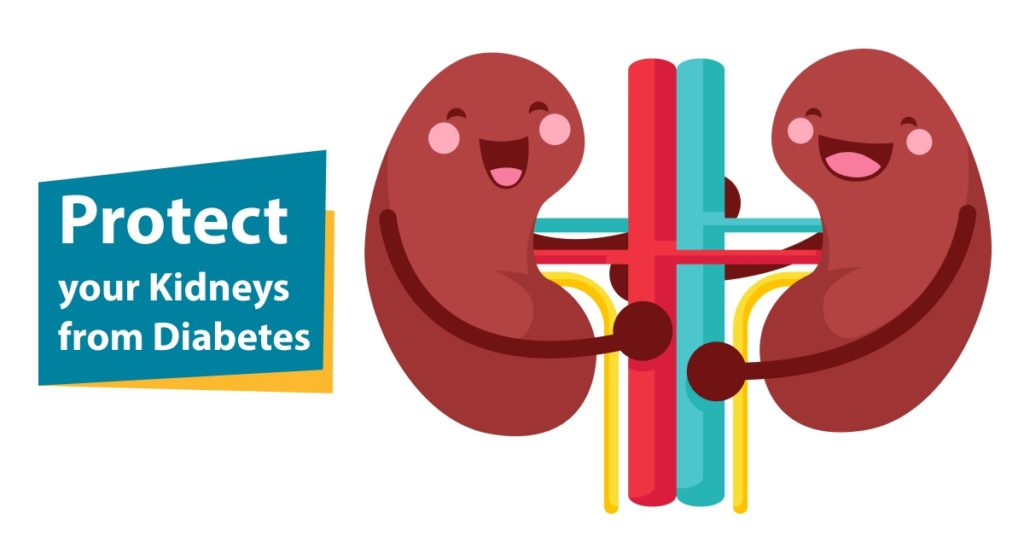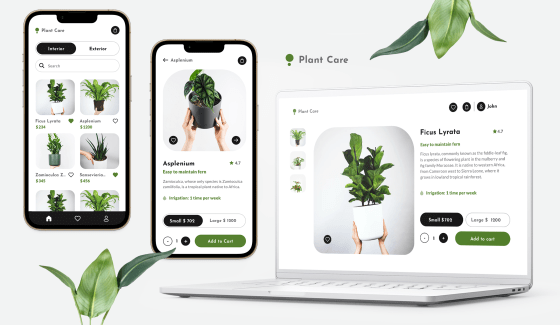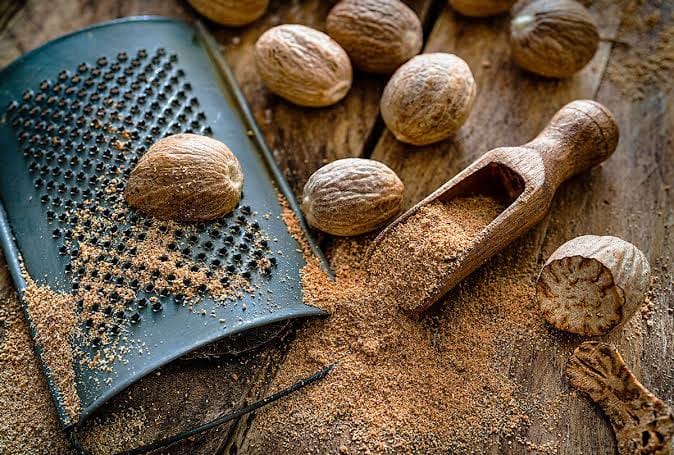Natural Ways to Regulate Extended Period Flow

Understanding Extended Period Flow
Extended period flow, also known as menorrhagia, is a common issue affecting millions of women worldwide. It is characterized by abnormally heavy or prolonged menstrual bleeding, often lasting more than seven days. This condition can significantly impact daily life, causing physical discomfort, emotional distress, and social inconvenience.
Causes of Extended Period Flow
Several factors contribute to extended period flow, including:
- Hormonal imbalances: Fluctuations in estrogen and progesterone levels can disrupt menstrual cycle regulation.
- Stress: Prolonged stress can affect hormone production, leading to irregular menstrual cycles.
- Uterine fibroids or polyps: Growths in the uterus can cause heavy bleeding.
- Thyroid disorders: Hypothyroidism or hyperthyroidism can impact menstrual regularity.
- Other medical conditions: Certain conditions, such as polycystic ovary syndrome (PCOS), can contribute to extended period flow.
The Impact of Extended Period Flow
Extended period flow can have a significant impact on daily life, leading to:
- Physical discomfort: Heavy bleeding, cramps, and fatigue can make everyday activities challenging.
- Anxiety and emotional distress: Uncertainty and embarrassment surrounding prolonged bleeding can affect mental well-being.
- Disruption of daily life: Social events, work, and relationships may be impacted due to prolonged menstrual bleeding.
- Increased risk of anemia: Heavy bleeding can lead to iron deficiency and anemia.
Understanding the causes and consequences of extended period flow is crucial for seeking effective solutions. In the next section, we will explore natural ways to regulate extended period flow and alleviate its symptoms.
Managing Stress for a Healthier Flow
Stress can have a profound impact on our hormonal balance, leading to a range of issues including extended menstrual periods. When we experience high levels of stress, our body produces increased amounts of cortisol, a hormone that can disrupt the delicate balance of our reproductive hormones. This, in turn, can lead to prolonged periods, heavier bleeding, and other menstrual irregularities.
The Impact of Stress on Hormonal Balance
High-stress levels can exacerbate hormonal imbalances, leading to prolonged periods. When cortisol levels surge, it can affect the production of estrogen and progesterone, the two primary hormones responsible for regulating our menstrual cycle. This hormonal imbalance can lead to a range of issues, including:
- Irregular periods
- Heavier or lighter bleeding
- Increased cramping and discomfort
- Mood swings and emotional changes
Stress-Reducing Activities for a Healthier Flow
Engaging in stress-reducing activities can help regulate your menstrual cycle and promote a healthier flow. Try incorporating the following activities into your daily routine:
- Meditation: Take a few minutes each day to sit quietly, focus on your breath, and calm your mind.
- Yoga: Practice gentle stretches and movements to release tension and promote relaxation.
- Deep breathing exercises: Focus on slow, deliberate breaths to calm your mind and body.
By managing stress and promoting hormonal balance, you can help regulate your menstrual cycle and enjoy a healthier, more balanced flow.
Exercise: A Natural Regulator
Regular physical activity has been shown to have a profound impact on menstrual health, making it an effective natural way to regulate extended period flow. By incorporating exercise into your daily routine, you can help regulate your menstrual cycles and reduce period duration.
How Exercise Helps
Exercise affects hormone levels, including estrogen and progesterone, which play a crucial role in menstrual regulation. Physical activity also improves blood flow, reduces stress, and promotes overall health, all of which contribute to a balanced menstrual cycle.
Best Exercises for Menstrual Regulation
Try incorporating the following exercises into your daily routine for at least 30 minutes a day:
- Walking: A low-impact exercise that's easy on the joints and can be done almost anywhere.
- Swimming: A great full-body workout that's gentle on the body and can help reduce cramps.
- Cycling: A low-impact exercise that's easy on the joints and can be done indoors or outdoors.
Remember to always listen to your body and take rest days as needed. It's essential to balance exercise with relaxation and stress reduction techniques to support overall menstrual health.
Dietary Changes for a Balanced Flow
When it comes to regulating extended period flow, dietary changes can play a crucial role. A well-balanced diet rich in whole foods, fruits, and vegetables can help alleviate symptoms and promote overall reproductive health.
Nourishing Your Body
Eat a healthy, balanced diet rich in whole foods, fruits, and vegetables. Focus on incorporating foods that are rich in essential nutrients, such as:
- Leafy greens like spinach and kale
- Whole grains like brown rice and quinoa
- Colorful vegetables like bell peppers and carrots
- Fresh fruits like berries and citrus fruits
Key Nutrients for a Balanced Flow
Include foods high in:
- Omega-3 fatty acids: found in fatty fish like salmon, flaxseeds, and walnuts
- Vitamin B6: found in bananas, sweet potatoes, and chicken
- Magnesium: found in dark leafy greens, almonds, and dark chocolate
These nutrients help regulate hormonal balance, reduce inflammation, and promote overall well-being, leading to a more balanced flow.
Herbal Supplements: Nature's Helpers
When it comes to regulating extended period flow, herbal supplements can be a natural and effective way to find relief. Certain herbs have anti-inflammatory properties that can help reduce heavy bleeding and alleviate symptoms associated with prolonged menstruation.
Anti-Inflammatory Herbs
Certain herbs like ginger, turmeric, and raspberry leaf have anti-inflammatory properties that can help reduce heavy bleeding and alleviate symptoms associated with prolonged menstruation. These herbs can be consumed as teas, capsules, or added to food for relief.
Supplements for Heavy Flow
Consider taking supplements like shepherd's purse or Vitanica Slow Flow. Shepherd's purse is a natural astringent that can help reduce heavy bleeding, while Vitanica Slow Flow is a blend of herbs that work together to regulate flow and alleviate symptoms.
Remember to consult with a healthcare professional before starting any new supplements to ensure they are safe and effective for you.
Additional Remedies for a Regulated Flow
While the above natural methods can help regulate extended period flow, there are some additional remedies that can further support menstrual health.
Pelvic Floor Exercises: Strengthening the Core
Practicing pelvic floor exercises, also known as Kegel exercises, can help strengthen the uterus and reduce menstrual flow. To perform Kegel exercises:
- Identify the pelvic floor muscles by stopping the flow of urine mid-stream.
- Squeeze these muscles for 5-10 seconds, then release for 5-10 seconds.
- Repeat for 10-15 repetitions, 3-4 times a day.
Heat Therapy: Soothing Cramps and Reducing Flow
Applying heat to the lower abdomen can help ease cramps and reduce menstrual flow. Try using a:
- Warm heating pad on a low setting.
- Hot water bottle wrapped in a towel.
- Warm compress or a microwaveable heat wrap.
Birth Control Options and Personalized Advice
If natural methods aren't providing sufficient relief, consider consulting a healthcare provider about:
- Birth control options, such as hormonal pills, patches, or rings, to regulate menstrual cycles.
- Personalized advice on managing extended period flow based on individual needs and medical history.
Conclusion: Take Control of Your Flow
Extended period flow can be a challenging and frustrating experience, but it doesn't have to control your life. By incorporating natural remedies and lifestyle changes, you can regulate your flow and find relief. Remember, it's essential to consult a healthcare provider for personalized guidance and support.
Natural Remedies for Extended Period Flow
Some effective natural remedies for managing extended period flow include:
- Dietary changes: Increase iron and vitamin C intake to reduce heavy bleeding
- Herbal supplements: Try ginger, turmeric, and shepherd's purse to regulate flow
- Heat therapy: Apply warm compresses to reduce cramps and discomfort
- Exercise regularly: Improve circulation and reduce stress
Lifestyle Changes for a Healthier Flow
In addition to natural remedies, making the following lifestyle changes can help regulate your flow:
- Practice stress-reducing techniques: Yoga, meditation, and deep breathing exercises
- Get enough sleep: Aim for 7-8 hours of sleep per night
- Stay hydrated: Drink plenty of water to help your body function optimally
Seek Professional Guidance
While natural remedies and lifestyle changes can help manage extended period flow, it's crucial to consult a healthcare provider for personalized advice and support. They can help you:
- Rule out underlying medical conditions
- Develop a personalized treatment plan
- Monitor your progress and adjust your plan as needed

















Comments ()